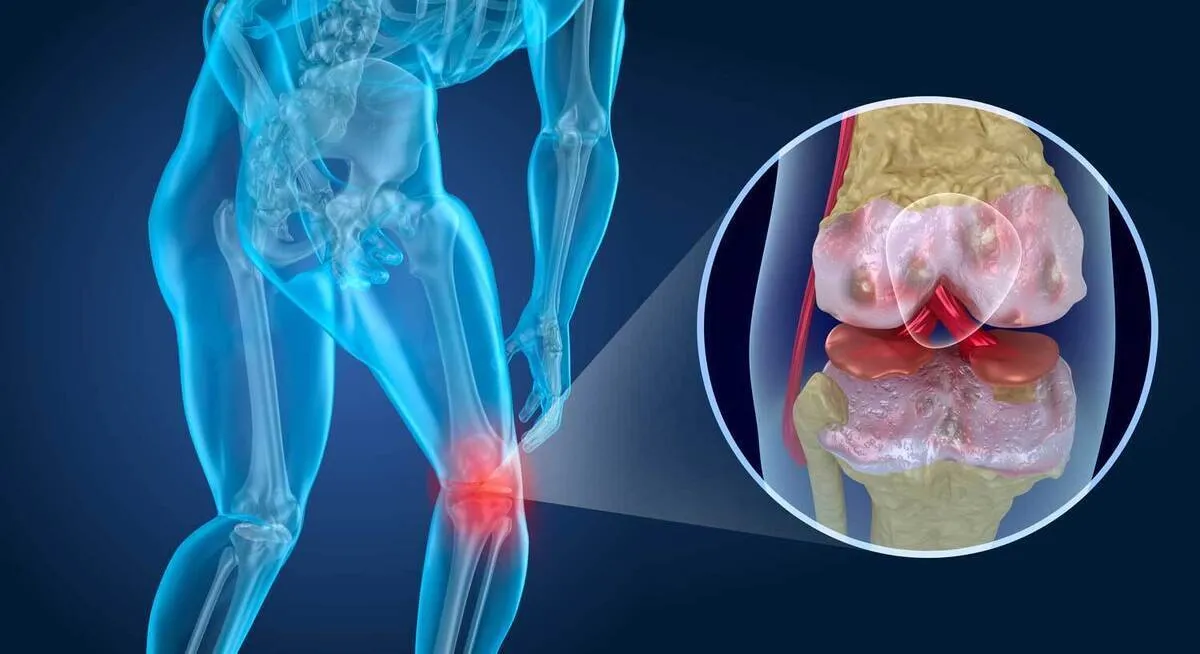Iranian Scientists Find New Way for Differentiation of Mesenchymal Stem Cells into Cartilage Cells

Researchers from Islamic Azad University, Iran University of Medical Sciences, Royan Research Institute and Pasteur Institute of Iran conducted a research with the aim of designing a suitable substrate for differentiation of mesenchymal stem cells into chondrocytes by using a nanofiber substrate made of polycaprolactone whose surface was modified and had sulfated alginate with a high negative charge which led to differentiation of mesenchymal stem cells.
In this project, directing mesenchymal stem cells for differentiation into chondrocytes by using nanofibrous substrate made of polycaprolactone modified with sulfated alginate by cold atmospheric plasma was carried out.
Laboratory methods confirmed the correctness of the constructed substrate and its compatibility with stem cell culture.
The results of the research, which were published in the international journal Research Square, showed that mesenchymal stem cells cultured on the aforementioned substrate differentiated into chondrocytes; laboratory methods, including immunostaining of cells and gene expression studies, confirmed this differentiation.
Cartilage degeneration and injuries affect 350 million people worldwide. Patients with these conditions experience increased pain and discomfort over time. However, an exciting breakthrough in tissue regeneration research offers the promise of meaningful relief.
As any weekend warrior understands, cartilage injuries to joints such as knees, shoulders, and hips can prove extremely painful and debilitating. In addition, conditions that cause cartilage degeneration, like arthritis and temporomandibular joint disorder (TMJ), affect 350 million people in the world. Patients suffering from these conditions experience increased pain and discomfort over time.
4155/v





















